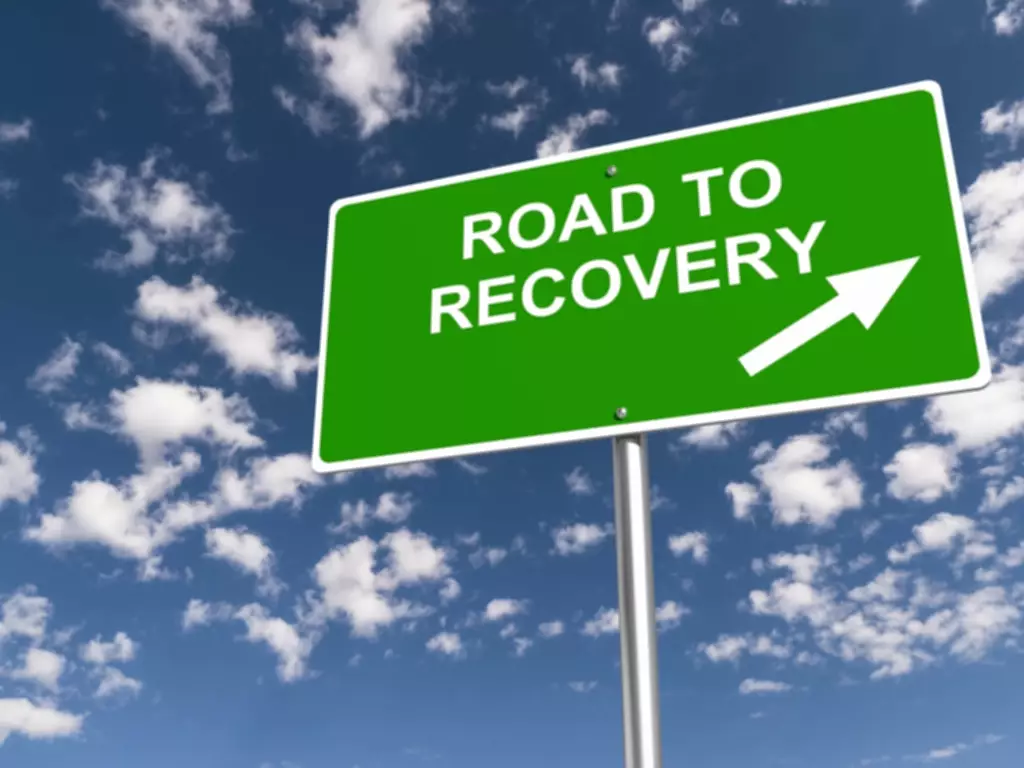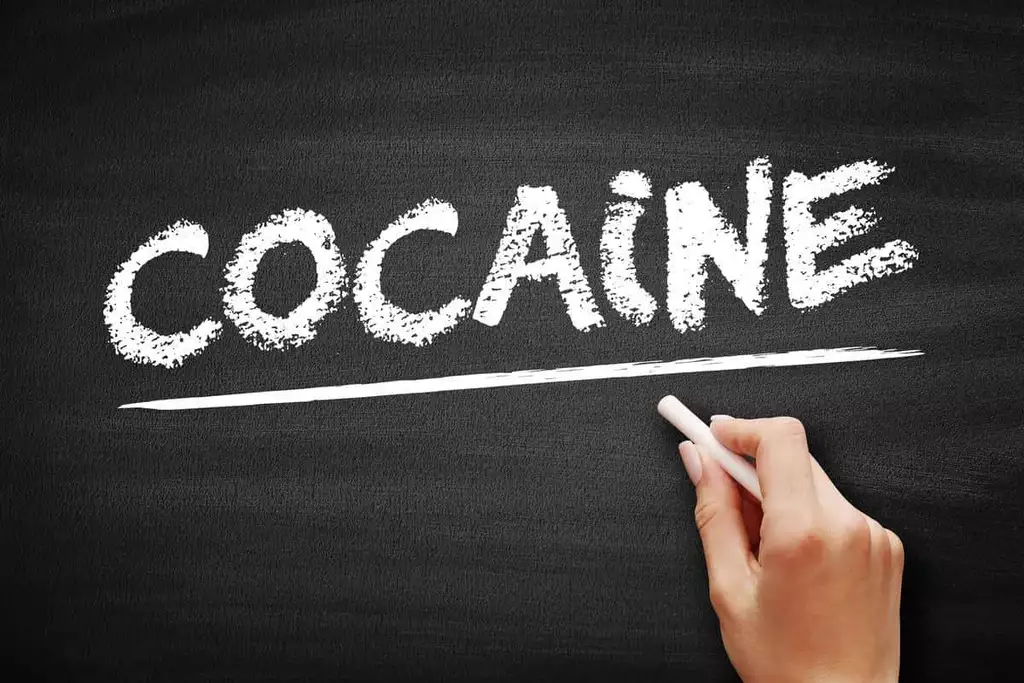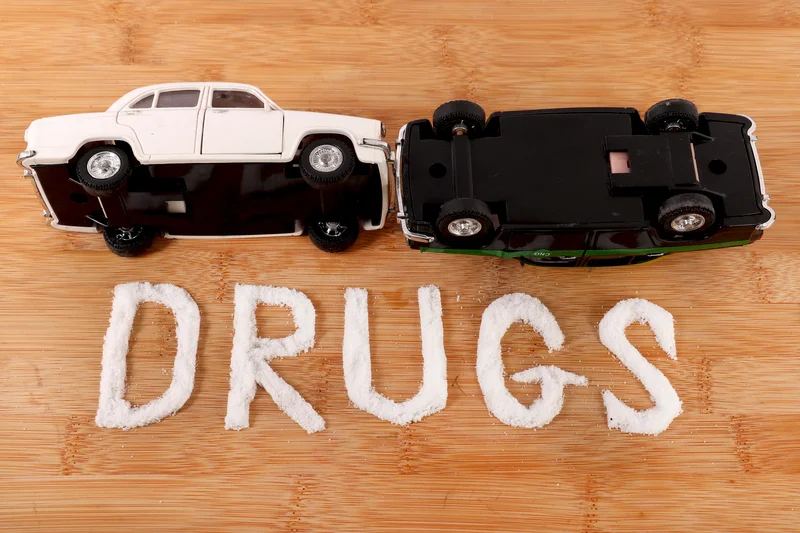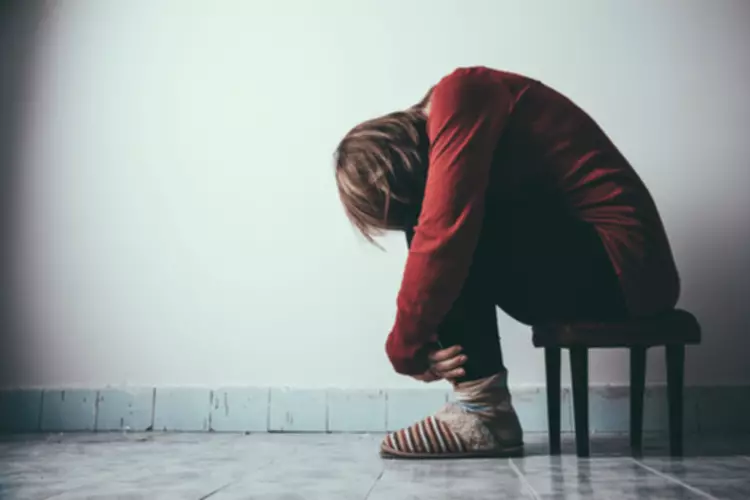Sober living
Alcohol Misuse and Kidney Injury: Epidemiological Evidence and Potential Mechanisms

Morphine has a bimodal effect on glomerular epithelial cells (GEC). At lower concentrations, morphine promotes GEC growth, whereas at higher concentrations, morphine triggers apoptosis of these epithelial cells. Further, morphine also exerts a bimodal effect on heme oxygenase activity in GEC (stimulatory at lower and suppressive at higher concentrations) 59. The chronic use of morphine leads to structural kidney abnormalities along with upregulation of NOS, COX-2 and HO-1 in a murine model of cancer 12. Consuming alcohol can impact many parts of https://ecosoberhouse.com/ the body, including the kidneys. In moderation – that is, consuming one or two drinks on occasion – alcohol tends to trigger few adverse effects.

Related Conditions

So, let’s dive in and unpack Sober living home what happens when you raise that glass and take a sip. Overall and subgroup analyses of the association between baseline alcohol consumption and decline in kidney function over 12 years in fully adjusted linear regression model. Point and bars represent beta coefficients and 95% confidence intervals, respectively. If you suspect kidney impairment or have difficulty controlling alcohol intake, seek professional medical help immediately. Early diagnosis for alcohol and kidney damage, along with a personalized treatment plan, can significantly improve your quality of life. Unfortunately, chronic kidney disease caused by alcohol is usually not reversible.
Personalized Mental Health & Addiction Care in Indianapolis
The liver plays a role in maintaining blood flow to the kidneys, and alcohol-related liver problems can further impact kidney health. In addition to causing dehydration, alcohol increases blood pressure by causing blood vessels to constrict. They respond to high blood pressure by removing fluid from the blood, which decreases its volume and the pressure it causes. With alcohol use, the kidneys experience stress because they are working to retain fluid to help with dehydration and release fluid to help with high blood pressure.
- Their analysis included 20 studies representing a total of 292,431 patients.
- This article highlights the effects of other organs on kidney and renal function; however, it should be noted that alcoholic kidney injury itself may have negative metabolic consequences.
Need help now? Contact our free 24/7 addiction treatment helpline

People with chronic kidney disease should not drink alcohol at all, and they can speak to a doctor for help with quitting if they are finding it challenging. Given the vital and diverse functions of the kidneys in the body, their dysfunction can lead to a spectrum of health issues, ranging from minor changes in fluid balance to severe acute kidney failure, which can be fatal. Doctors who study kidneys say heavy drinkers face a big risk of losing all kidney function.
Start the road to recovery
- We need to understand how drinking too much affects our kidneys.
- Alcohol consumption apparently leads to excessive phosphate levels by altering muscle cell integrity and causing the muscle cells to release phosphate.
- We’ll walk you through the process, answer your questions, and help you feel ready to dive right in.
- Rehabilitation success rates can vary significantly based on numerous factors, including the type of treatment, individual circumstances, and the specific substance involved.
- If you’re currently taking medications for kidney cancer or are having surgery to remove a kidney (nephrectomy), talk with your doctor about how much alcohol is safe to have during treatment.
- Not all forms of kidney disease are preventable, but adopting a healthful lifestyle may reduce the risk of complications, even in people with genetic kidney disorders.
- Each person’s response to alcohol-related kidney damage varies.
The symptoms and severity of a UTI may get worse after drinking alcohol. Drinking alcohol if you already have kidney stones may cause them to move quickly. The areas around your kidneys may feel sore after you drink alcohol. This is the area at the back of your abdomen, under your ribcage on both sides of your spine. This pain may be felt as a sudden, sharp, stabbing pain or more of a dull ache.
- The addiction potential of smoking has also been attributed to presence of nicotine and it also induces pathological changes in other organs including lung, heart and liver.
- Although hepatorenal syndrome often ensues after an event that reduces blood volume (e.g., gastrointestinal bleeding), it also can occur without any apparent precipitating factor.
- One toxin that the kidneys handle, alcohol, is particularly pernicious.
Considerations When Drinking Alcohol with Chronic Kidney Disease

Studies suggest that several mechanisms produce ROS in alcohol-damaged organs, including the liver (Cederbaum et al. 2009), heart (Tan et al. 2012; Varga et al. 2015), and kidney (Latchoumycandane et al. 2015). CYP2E1 is of particular interest what are the first signs of kidney damage from alcohol? when thinking about potential mechanisms for alcohol-related kidney damage. The body mainly metabolizes alcohol using the enzyme alcohol dehydrogenase, which is expressed primarily in the liver. However, during chronic ethanol consumption, the body also uses CYP2E1 in the liver as well as the kidneys. Interestingly, studies find that CYP2E1 induction is much more robust in the kidneys compared with the liver (Roberts et al. 1994; Zerilli et al. 1995). This massive induction of CYP2E1 in the kidneys results in oxidative stress that modifies phospholipids in cell membranes.


